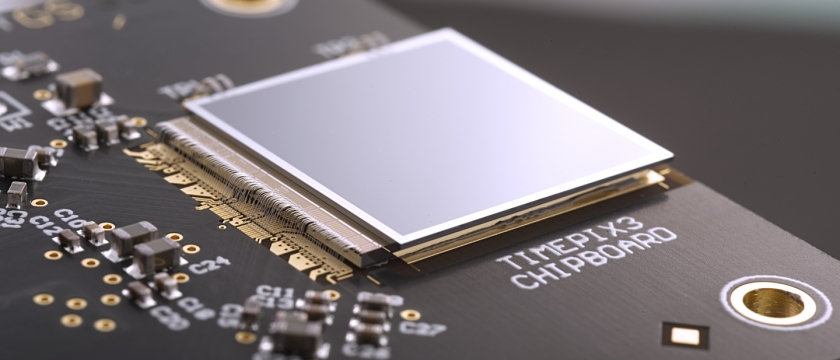Archive
Newsletter Articles
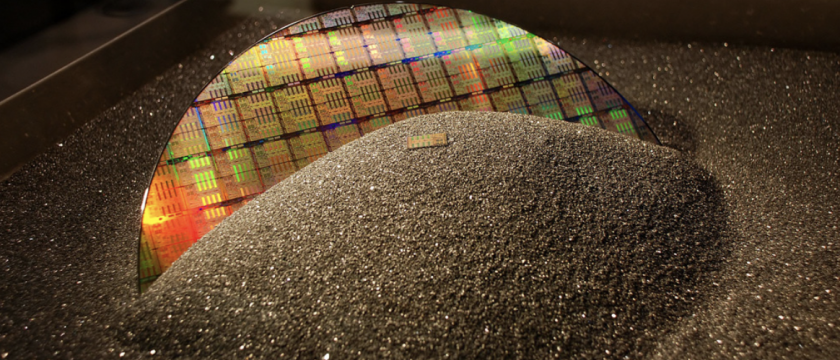
…
March 2022 - May 2022
Over the past year, semiconductor prices have been surging in Europe as demand increases globally. While this is happening with most products, it's been a larger problem given the role of semiconductors in most electronics, such as consumer…
Read MORE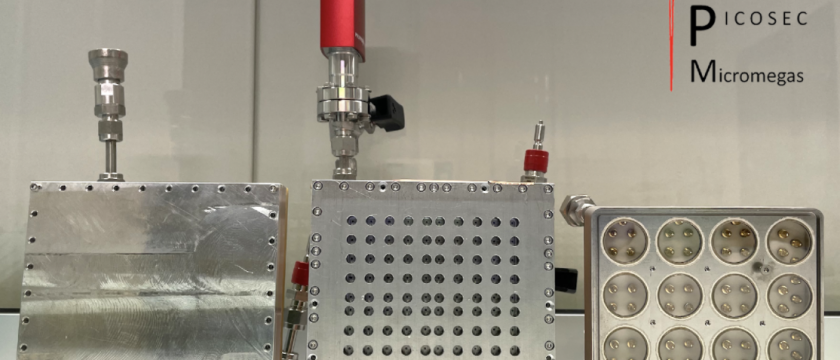
…
March 2022 - May 2022
Precise timing systems are central to many ongoing and planned detector upgrades and tens of ps timing resolution will play an important role to meet detection challenges in future high-luminosity environments. Large area detection systems achieving…
Read MORE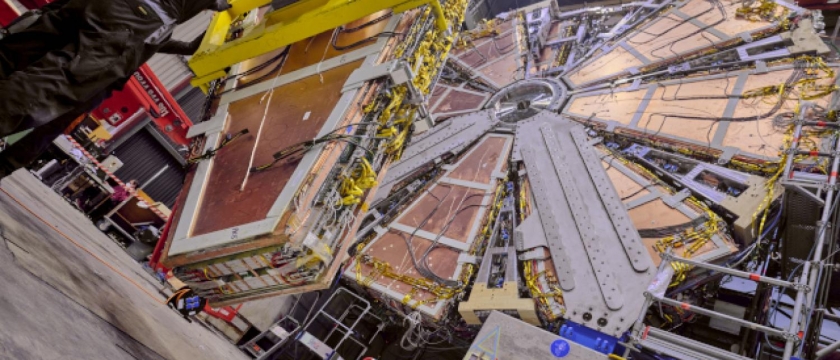
…
March 2022 - May 2022
The ATLAS New Small Wheel (NSW) upgrade is an ambitious project that will allow exploiting the physics opportunities of the HL-LHC. Last November, the second -and final- NSW was installed in the ATLAS detector, marking the successful outcome of…
Read MORE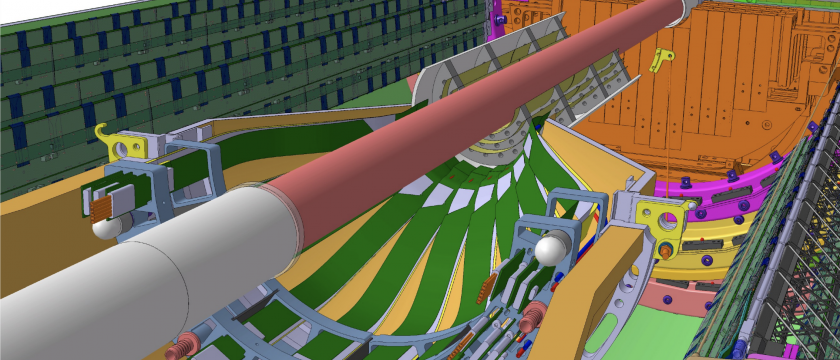
…
December 2021 - February 2022
With the R&D for the first truly cylindrical detectors based on ultra-thin, bent, wafer-scale monolithic silicon sensors, the ALICE collaboration aims at installing new vertex layers (“ITS3”) in LHC Long Shutdown 3. The envisioned setup…
Read MORE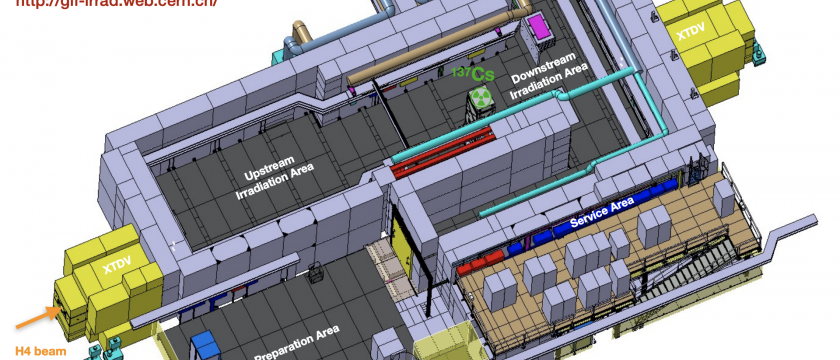
…
December 2021 - February 2022
The two CERN Irradiation facilities operated by EP-DT - the IRRAD in the PS East Area and the GIF++ in the SPS North Area - deliver essential services to the HEP community, with the focus on validating and optimising detector technologies for the…
Read MORE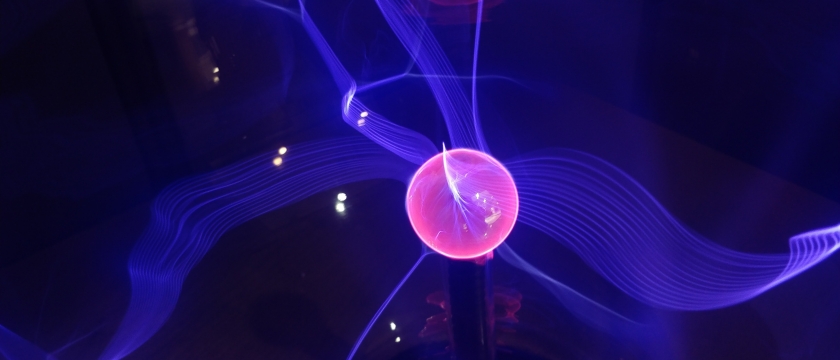
…
December 2021 - February 2022
Particle physics is often equated with high energy collider experiments. However, over recent years it has become increasingly clear that high intensity and high precision experiments offer significant, complementary opportunities to explore physics…
Read MORE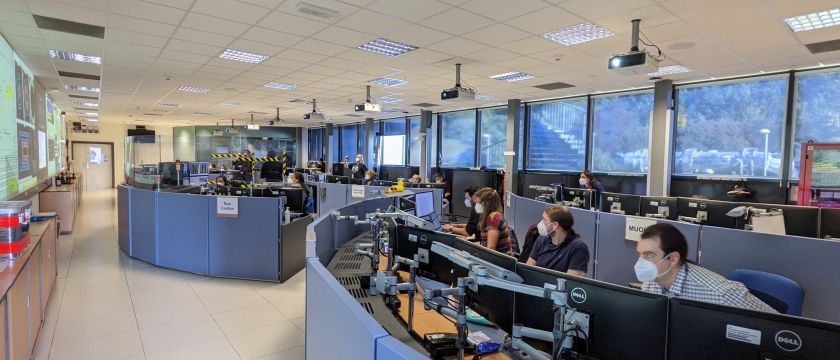
…
December 2021 - February 2022
Since the start of LS2, ATLAS has undergone an intense maintenance and consolidation programme to meet the challenges of Run 3 of the LHC, and fully exploit the available physics opportunities. This includes the installation and commissioning of…
Read MORE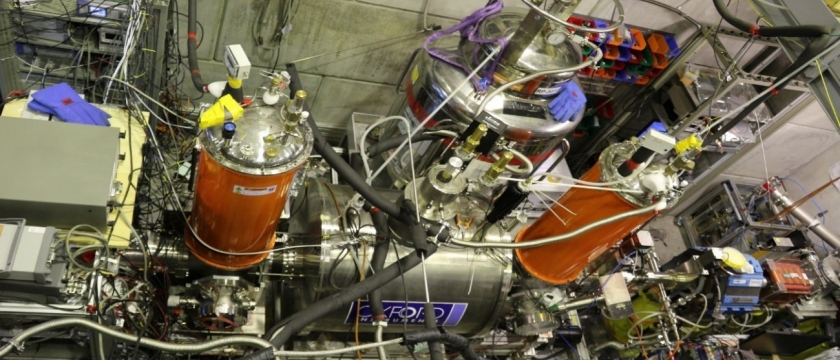
…
December 2021 - February 2022
In October, the prestigious Dissertation Prize of the Section Atoms, Molecules, Quantum Optics and Plasmas (SAMOP) of the German Physical Society was awarded to Peter Micke for his seminal work demonstrating quantum logic spectroscopy on highly…
Read MORE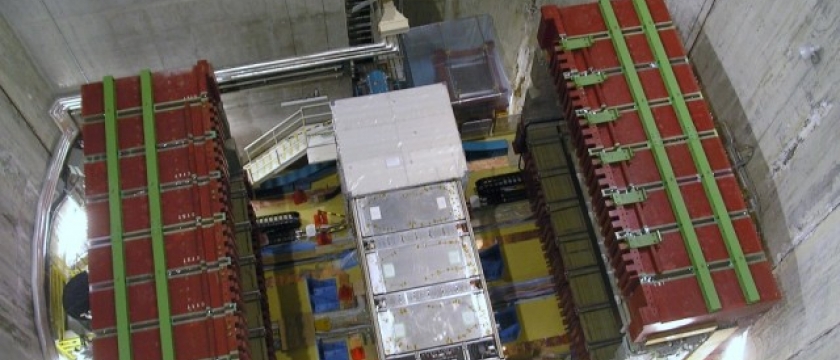
…
December 2021 - February 2022
The upgrade of the near detector of the T2K experiment became in April 2019 an official CERN Neutrino Platform experiment (NP07). As a consequence an increased detector assembly activity has been started at CERN over the last months. This will…
Read MORE
